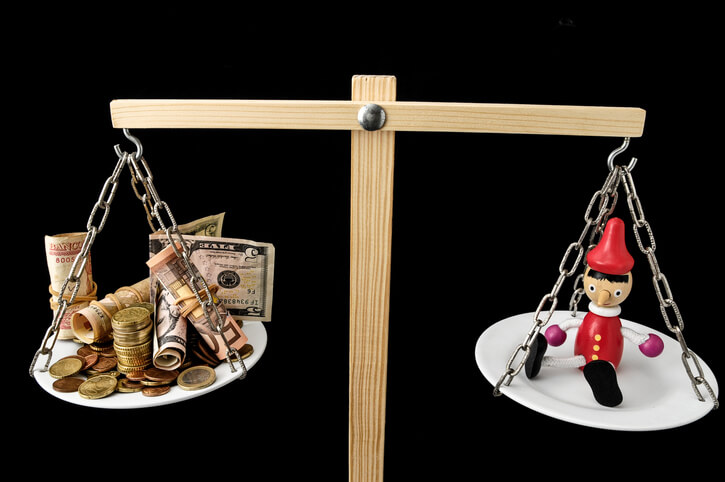It Is Easy For People To Not Take Risks To Their Reputation Seriously
As individuals, most folks feel that they are decent people trying to do a good job in an environment of limited resources and constant pressure to perform. Businesses, particularly those that are successful, rarely consider the damage to their profitability and even survival that can come from disappointed clients attacking their reputation. It can be easy for them to slip into the mindset that, in the tough world of competition, they inevitably have to make compromises and it just can’t be helped if some customers or clients feel they have been let down.
This attitude can spell disaster.


 Salespeople are often eager to stress supposed benefits without admitting to the possible downsides that result from real–life experiences!
Salespeople are often eager to stress supposed benefits without admitting to the possible downsides that result from real–life experiences!